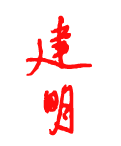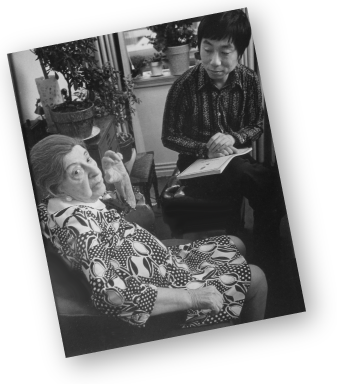
Rosina Lhévinne
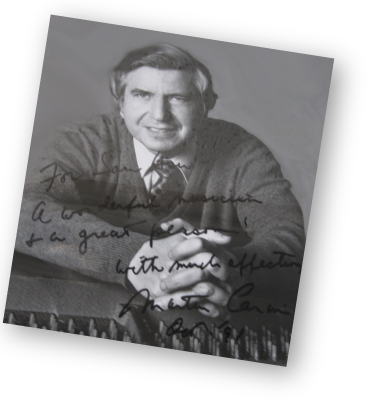
Martin Canin
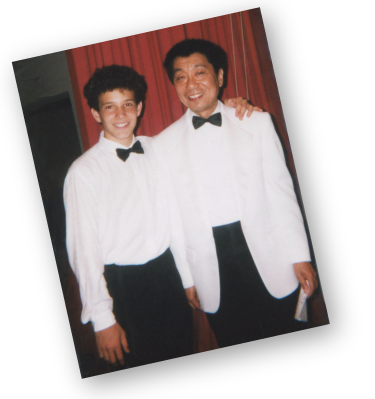
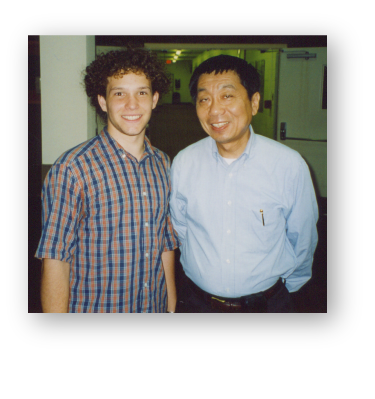
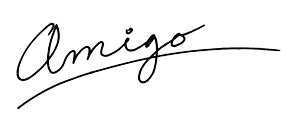 Erikson Rojas
Erikson Rojas
A highlight of our journey together was when Dr. Hsu and I shared the joy of passing my Doctor of Musical Arts audition at the Juilliard School upon the approval and recommendation of its piano faculty, which included his revered teacher Martin Canin. The callback gave me an opportunity to move on to the next stage of the application process: the comprehensive exams in theory and history, as well as the dreaded interview with the Doctoral Committee.
Although I would eventually be found not worthy among the one or two pianists that the Committee ended up choosing, I still was proud, especially for my beloved teacher, of what God had graciously allowed me to experience through the application process.
Part of that process was to submit an essay in which I was asked to write about my life’s most influential teacher. It was then that I seized the opportunity to compose a tribute to Dr. Hsu. I am pleased that he got to read this essay prior to his death, as he graciously and humbly made remarks to improve it.
I still recall the subject of that email from me to him, “It’s a rough draft, but I mean it with all my heart”. Dr. Hsu always let me know how proud he was of me, and of God’s work in my life. That I knew…
What I didn’t know and was glad to find out just after his death, through his colleague Dr. Debbie Wolf, is that he knew that I too was… oh! so proud of him.
The following is an adaptation of that essay, entitled . . .
Who has been your most influential teacher
and why?
One of the greatest piano pedagogues, Theodore Leschetizky once said, “Adopt with your pupils the ways that succeed with them, and get away as far as possible from the idea of a method. Write over your music-room door the motto ‘No Method!’”. Ironically, this quote is found in The Leschetizky Method, which was written by Leschetitzky’s pupil Malwine Brée and received the approval of the great master himself.
Technical prerequisites of advanced piano playing aside, the only method that ultimately concerned Leschetizky was a relentless passion for successfully communicating the musical ideas of any given work, at whatever technical cost. His student Arthur Schnabel, a worthy Leschetizky successor and the “man who invented Beethoven” (according to Harold Schonberg of The New York Times), accomplished that very goal. His musical ideals, which live on most notably in his recordings and edition of the complete Beethoven sonatas, can still be captured in the work of those that studied and flourished under his guidance.
A monumental musician in present times, Leon Fleisher studied with Arthur Schnabel since childhood. The treasures of a Beethovenian tradition handed down successively through Czerny, Leschetizky, Schnabel and Fleisher, have powerfully influenced modern day pianism.
I am blessed and privileged to partake in this lineage through five years of study under Mr. Fleisher. Being the teacher with whom I have studied for the longest period of time, his influence on my approach to music-making is thorough, indispensible, and invaluable. However, I would not be able to understand, appreciate and value my place in that tradition were it not for the enlightening guidance of yet another teacher, one who exerted an even greater influence not only in my relationship to music, but in my life.
Dr. Samuel Hsu was my teacher for about three and a half years, that is, officially. Otherwise his all-penetrating, yet humble wisdom has been illuminating my path since the day we met sometime in the summer of 1997. Despite having known him for over fourteen years, only a few years prior to his passing I became aware of his own Leschetizky heritage through Safanov and Lhévinne.
At the Juilliard School Dr. Hsu was one of the privileged pupils of the late Rosina Lhévinne, who had studied with Vasily Safanov in Moscow, as did her husband Josef Lhévinne. Dr. Hsu was asked by Mrs. Lhévinne to see her weekly, which he did from 1972-1976. Since his study with Mrs. Lhévinne and up to his last days, he continued to study regularly with Mr. Martin Canin, who was Mrs. Lhévinne’s assistant. Thus he carried within him the riches of the Russian manifestation of the Leschetizky tradition. This was evidenced in his passion for students to relate to music by heart, as he unveiled the relevance of its essence and applies it to the lives and needs of each individual. If something set him apart from other great teachers, it is love.
From the beginning of our relationship Dr. Hsu’s love was shown when he received me as “amigo,” as friend. This is a kindness that he bestowed not only on me, but also on all who surrounded him. On the numerous occasions when he heard me play, he always approached me with an encouraging or inspiring word.
Early on I studied piano with Dr. Hsu at the Csehy Summer School of Music. There he planted the seed that would later sprout into our great time together at Philadelphia Biblical University, where he taught me piano, music history, and piano literature. Being that both of us shared Christ as musicians, it was essential that he integrated spiritual insight into our studies. This he did masterfully and caringly.
There remain many qualities which make his teaching unique and special. He would rarely answer a question directly, but through metaphors and analogies he would shepherd his students toward the meaning and application of the lesson at hand, regardless of whether it took them many days or even years to understand.
When it came to piano lessons one was immediately inspired by the atmosphere of his studio, much like how Schnabel said to have felt when he first visited Leschetizky’s home in Vienna. To this day the small room is filled with pictures, all beloved people—teachers, students, colleagues, and friends. Its walls are also covered with shelves full of great books and records: treasures of music, philosophy, theology, and literature, among other disciplines.
He often substantiated his teaching with everyday parables, tailored for each student, as well as with literary references found anywhere from an intricate page within a thick book on the last shelve, or in the words of a recently discarded document. Knowledge and wisdom surely dwell in that wonderful place.
At the piano he always subjugated technique to the desired sound or idea. In this way listening, not fingering, became a primary objective in performing. It was also important that one be acutely aware of who one was, and where one came from. It was he who made me conscious of my responsibility to stand on the shoulders of the giants who are my musical ancestors, and integrate their teachings into my own work.
Still what remains most impressive to me about his teaching is his ability to infect any student with an earnest urge to learn and engage music with fervent care and significance. Thus he inspired his students to seek that which is most important in music and life, and to do it boldly through love.
I have been blessed to study under truly great teachers, and at some of the best music schools in the United States, perhaps the world. I feel fortunate to have learned much about the gift of expressing music, with confidence in its power. All of this would probably mean little to me were it not for Dr. Hsu. I owe much of who I am to him.
I still have a long road ahead of me in the pursuit of knowledge and wisdom, in music and in life. It is comforting to know that my “amigo” walked ahead of me as a great example to follow. His was the gift of love, the most excellent way of which it is written,
“If I have the gift of prophecy and can fathom all mysteries and all knowledge, and if I have a faith that can move mountains, but have not love, I am nothing.”
1 Corinthians 13:2 - NIV
